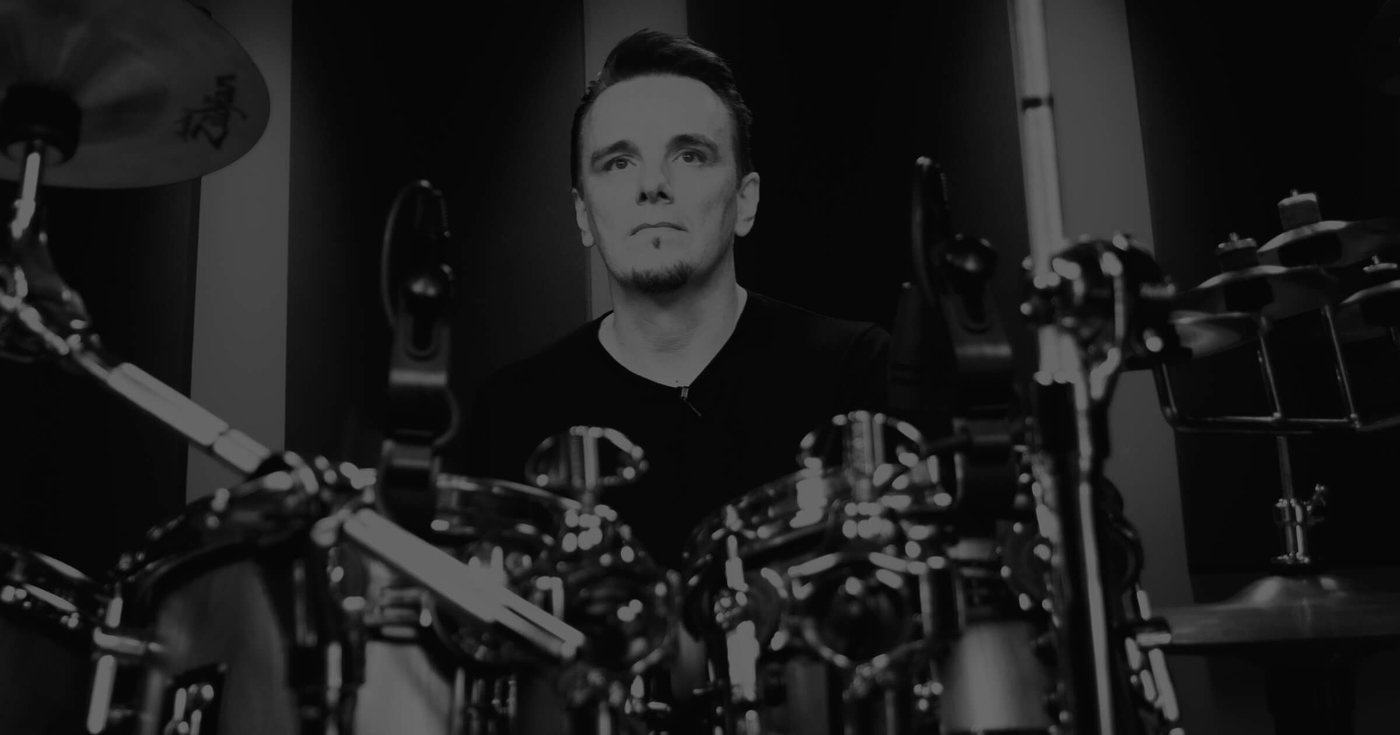
This is an excerpt from The Drummer’s Toolbox: The Ultimate Guide To Learning 101 Drumming Styles. The book goes into even more detail about prog drumming!
Progressive (or prog) refers to music that pushes the boundaries of a particular genre. Two of the most popular progressive music genres include progressive rock and progressive metal. Some notable characteristics of these styles include complex musical arrangements, the use of odd time signatures and time signature changes, the fusion of multiple musical styles, and the incorporation of conceptual lyrical content relating to one central theme or story.
The early years
In the late 1960s, popular rock bands like the Beatles, the Yardbirds, and the Beach Boys began to venture away from writing predictable three minute, radio-friendly songs. They began drawing influence from other genres of music (“Good Vibrations” by the Beach Boys and “Love You To” by the Beatles), writing music that exceeded the standard radio length (“I Want You (She’s So Heavy)” by the Beatles), and pushing the boundaries of rock music into unexplored territory – lyrically, rhythmically, melodically, and harmonically. This is what laid the foundation for progressive (or prog) rock music.
The golden years of prog rock
By the early to mid 1970s, prog rock had developed into its own distinct musical subgenre. This music featured complex arrangements, the use of odd time signatures and time signature changes, the fusion of many musical styles (like jazz, classical, and folk music), and conceptual lyrical and musical content relating to one central thematic idea (check out concept albums like “2112” by Rush and “Tales from Topographic Oceans” by Yes). During this era, prog rock bands like Rush, Genesis, Yes, King Crimson, and Emerson, Lake & Palmer defined the sound of progressive rock music.
The rise of prog metal
With the rise of other rock and metal subgenres like punk rock, heavy metal, and glam rock during the 1970s, very few new prog rock bands emerged from the late ‘70s until the mid 1980s. However, in the mid ‘80s, metal bands like Queensrÿche, Fates Warning, and Voivod began fusing elements of prog rock with heavy metal – resulting in a subgenre known as progressive metal. “Operation: Mindcrime” (Queensrÿche) and “Perfect Symmetry” (Fates Warning) are notable examples of records that paved the way for early prog metal music.
During the 1990s, prog metal also developed into a distinct metal subgenre. Bands like Meshuggah, Dream Theater, and Tool were releasing iconic prog metal albums like Chaosphere (Meshuggah), Ænima (Tool), and Metropolis Pt. 2: Scenes from a Memory (Dream Theater). These records were milestones in the subgenre’s development that helped shape the prog metal sound into what it is today.
The current state of prog music
Throughout the 2000s and 2010s, some of the leading prog rock and metal bands have included:

Animals as Leaders

Periphery

The Mars Volta

Porcupine Tree

TesseracT

Between the Buried and Me
Because of the innovations that rock musicians made back in the ‘60s and ‘70s, progressive rock and metal music have evolved into some of the most unique, creative, and technical subgenres to ever exist.
Because prog rock and metal music are so diverse, it’s impossible to create a list of essential beats, fills, and techniques required to play this style. Nevertheless, one of the best ways to start approaching prog rock and metal is to learn from the drummers who play it. And why not learn from the masters like Neil Peart, Bill Bruford, and Gavin Harrison?
Let’s take a look at five transcriptions played by some of the world’s greatest prog rock drummers:
Yes – “Heart of the Sunrise” (0:49)
Drummer: Bill Bruford

Genesis – “Supper’s Ready” (18:17)
Drummer: Phil Collins

Frank Zappa – “Keep It Greasy” (0:36)
Drummer: Vinnie Colaiuta

Rush – “La Villa Strangiato” (4:30)
Drummer: Neil Peart

Porcupine Tree – “The Sound of Muzak” (0:00)
Drummer: Gavin Harrison

Just like prog rock, one of the best ways to learn how to play prog metal is to learn from the subgenre’s masters like Danny Carey, Matt Garstka, and Mike Portnoy. The examples in this section will introduce you to the style.
For anyone wanting to take their prog metal drumming to the next level, you should start working on your double bass playing (Intermediate), polyrhythms and polymeters (Intermediate/Advanced), as well as becoming comfortable with subdivisions like quintuplets and septuplets (Advanced). Check out TesseracT’s “Concealing Fate, Part II: Deception (double bass, polyrhythms, and polymeters) and Periphery’s “Habitual Line Stepper (quintuplets) for some examples.
Now, let’s take a look at five transcriptions played by some legendary prog metal drummers:
Tool – “Right in Two” (3:01)
Drummer: Danny Carey

Dream Theater – “The Count of Tuscany” (2:06)
Drummer: Mike Portnoy

Animals as Leaders – “Another Year” (0:07)
Drummer: Matt Garstka

TesseracT – “Hexes” (1:19)
Drummer: Jay Postones


Periphery – “Flatline” (4:01)
Drummer: Matt Halpern


Here are 6 incredible drummers teaching prog during theirDrumeo Edge live events.
In general, the drum sets used in progressive rock and metal music are much larger than standard four or five piece ‘rock drum sets.’ The same goes for cymbal setups. Rarely will you see a prog drummer only using one crash cymbal, one ride cymbal, and a pair of hi-hats. They often have an array of cymbals (crash cymbals, Chinese cymbals, splash cymbals, cymbal stacks, etc.) which allows them to create the specific sounds needed for this music. The availability of many different sound sources allows drummers to play melodic parts around the drum set. This concept of melodic drumming is evident in the playing of many prog drummers. Check out this Terry Bozzio solo and you’ll hear exactly what we mean.






Back in the 1970s – the golden age of progressive rock – drummers were incorporating tons of additional sound sources into their setups. Neil Peart was using a glockenspiel, mark tree, wood blocks, and chimes, Carl Palmer was using gongs and timpanis, and Bill Bruford was using rototoms. While these are by no means instruments that every prog drummer is required to incorporate into their setup, it’s important to realize that these instruments played an important role in the classic sound of early prog rock music.
Just like the music itself, there are no rules when it comes to choosing equipment for playing progressive rock and metal. While there are definitely similarities between equipment used by certain drummers, every prog drummer will have their own unique setup.
Remember that prog rock and prog metal are subgenres of rock and metal music. We recommend checking out “A Drummer’s Guide To Rock” and ““A Drummer’s Guide To Metal” for specific gear recommendations and requirements for each of these styles.
Here is a list of ten legendary progressive rock and metal drummers. Some of these drummers are prog pioneers from the 1970s while others are modern progressive rock and metal drummers. You can click on each name to watch a performance by each drummer!
Here are fifteen essential progressive rock and metal albums that every drummer should check out. As you listen to each album on this list, you’ll hear how progressive rock and metal music has evolved over the past few decades.
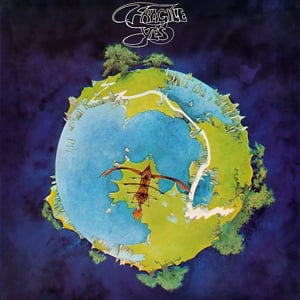
Yes
“Fragile” (1971)
Drummer: Bill Bruford
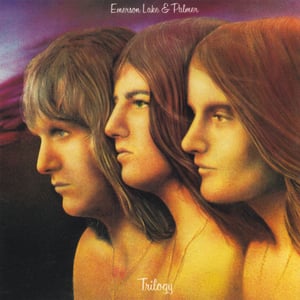
Emerson, Lake & Palmer
“Trilogy” (1972)
Drummer: Carl Palmer
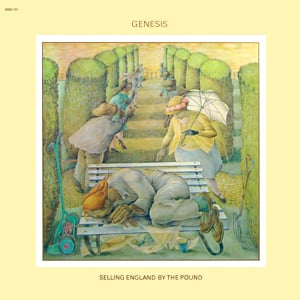
Genesis
“Selling England By the Pound” (1973)
Drummer: Phil Collins
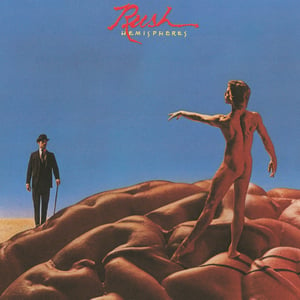
Rush
“Hemispheres” (1978)
Drummer: Neil Peart
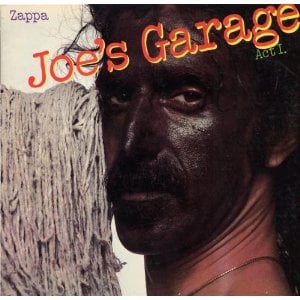
Frank Zappa
“Joe’s Garage” (1979)
Drummer: Vinnie Colaiuta
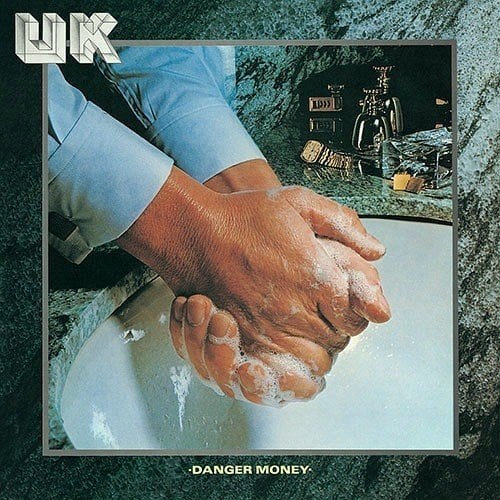
U.K.
“Danger Money” (1979)
Drummer: Terry Bozzio
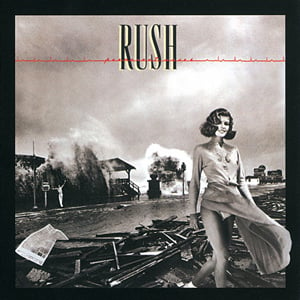
Rush
“Permanent Waves” (1980)
Drummer: Neil Peart

Tool
“Ænima” (1996)
Drummer: Danny Carey
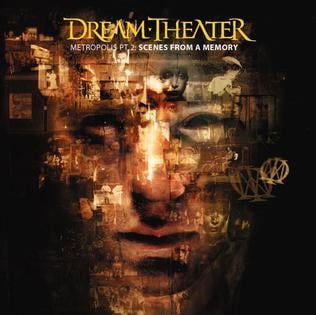
Dream Theater
“Metropolis Pt. 2: Scenes from a Memory” (1999)
Drummer: Mike Portnoy

Porcupine Tree
“Fear of a Blank Planet” (2007)
Drummer: Gavin Harrison

The Mars Volta
“The Bedlam in Goliath” (2008)
Drummer: Thomas Pridgen

Periphery
“Periphery II: This Time It’s Personal” (2012)
Drummer: Matt Halpern

TesseracT
“Altered State” (2013)
Drummer: Jay Postones

Animals as Leaders
“The Joy of Motion” (2014)
Drummer: Matt Garstka

The Aristocrats
“Tres Caballeros” (2015)
Drummer: Marco Minnemann
Recommended tracks as curated by Brandon Toews
Even though it’s the end of the article, it’s not the end of the great content we have available. If you want to become the best drummer you can be, check out Drumeo Edge.
We bring in the world’s best drummers to teach you how to play the drums.
Includes song breakdowns for:
Drumeo Edge exclusive courses by:
*This article contains affiliate links, which means we might earn a small commission from the product seller if you make a purchase. For more info, check out our privacy page.
Brandon Toews is an author, educator, and performer based out of Vancouver, Canada. Brandon is the author of The Drummer's Toolbox, co-author of The Best Beginner Drum Book, and the Content Director at Musora, home to the award-winning online music education platforms Drumeo, Pianote, Guitareo and Singeo.


By signing up you’ll also receive our ongoing free lessons and special offers. Don’t worry, we value your privacy and you can unsubscribe at any time.
We use cookies for traffic data and advertising. Cookie Policy »